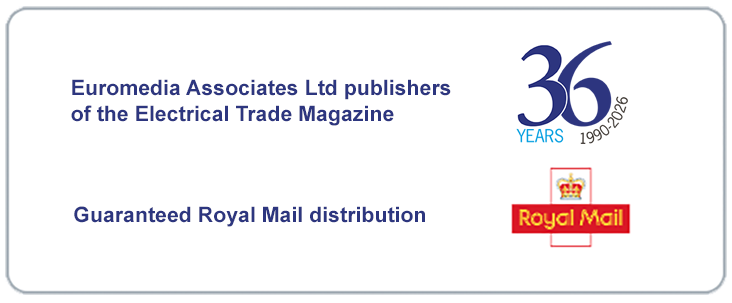Autism is a spectrum condition that affects people in different ways. Approximately 700,000 people in the UK are living with autism and it’s typically characterised by challenges with social skills, engagement in repetitive behaviours, or difficulties in speech and communication. It’s a widespread condition with around 1 in 57 children diagnosed with Autism Spectrum Disorder (ASD).
The EIC is committed to supporting not only those who have been diagnosed with autism or any other mental health condition but anyone who is affected by an immediate family member. An example is Lilly who at 13 years old had seen her mental state deteriorate since her grandfather had passed away in March 2020. She had become increasingly withdrawn and wouldn’t leave the house, refusing to even go to school. She was very intimidated by her peers and refused to change her clothes and bathe, communicating thoughts of suicide. Her parents had removed all potential risks in the house, but they were living in a heightened state of anxiety.
Lilly had an initial assessment with the Children’s Mental Health Service (CAMHS) in May 2020 where she was diagnosed with general anxiety and depression. However, the services said support could only be provided from May 2022. Lilly’s GP and other support services had six therapy sessions with her but discharged her from their care once they learned she was awaiting treatment through CAMHS. Terrified she was going to harm herself, Lilly’s mother obtained permission to work from home in order to monitor her, but it was impractical to provide this level of supervision 24/7.

Although Lilly had not seemed significantly upset following her grandfather’s death at the time, it appeared to have acted as a trigger for the deterioration in her mental health. Over the summer of 2020, Lilly was in the process of receiving therapy from an NHS bereavement therapist who visited her in her home. At this point, her father John explained that for the last three years, he and his wife had been noticing traits of behaviour suggestive of autism in Lilly. She was highly anxious in crowds, usually wanting to run. She had strained interactions with her peers and her communication was generally awkward and erratic.
At this point, John’s boss got in touch with the EIC to seek support for the family. As John is an employee of the electrical and energy sector, he was entitled to support for anyone living with autism in his immediate family. As a result, the EIC is currently funding a full assessment for Lilly to get an accurate medical diagnosis.
The help Lilly’s family was able to access is due to the support of the EIC and the powerLottery. It means the family are getting the support they need to get a timely and accurate diagnosis for Lilly and move on to the next stage of treatment. Without powerLottery, EIC would not be able to offer support to people like John and his family. That’s why we need you to become a powerLottery player to help EIC to continue supporting our industry members.
powerLottery is the only lottery made for our industry by our industry. It gives players 40 chances to win cash prizes ranging from £50 to £1,000 every single month. A £10,000 draw bi-yearly gives you even more opportunity to win BIG. A new car, a holiday in the sun, a kitchen re-fit or a brand-new wardrobe… Think of all the different ways you could spend £10,000.
To sign up to play the powerLottery today, click here: https://www.electricalcharity.org/lottery






